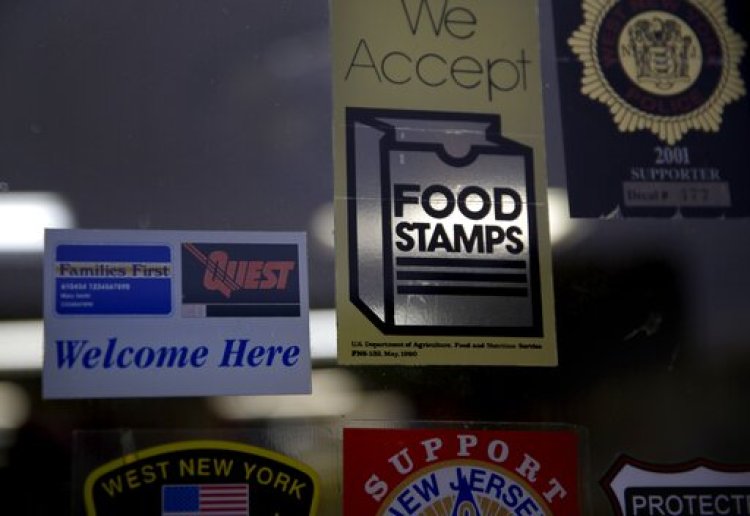House Republicans target showdown date on food aid program
The House Agriculture Committee is planning to conduct a markup of its section of the president's party-line bill in early May.

While this date is still weeks away, it represents a challenging timeline, as Republicans aim to reconcile the significant disparity between the House’s directive for the committee to achieve $230 billion in spending cuts and the Senate Agriculture Committee’s minimum goal of $1 billion to offset the extensive package that includes tax cuts, enhanced border security, energy policy, and other initiatives.
The upcoming meeting will also usher in a significant public debate over the future of the nation's largest anti-hunger program — the Supplemental Nutrition Assistance Program, formerly known as food stamps. The SNAP program provides assistance to over 40 million low-income Americans, and some Republicans are cautious about implementing deep cuts to it in order to fund their party's agenda.
Numerous Republicans representing competitive districts have expressed worries that substantial funding reductions to the program could result in severe cuts to existing food aid benefits, especially in light of new work requirements that Republicans plan to impose on certain low-income recipients. Lawmakers are also considering various measures to restrict future updates to the program and to close perceived loopholes that some states have exploited in recent years to maximize benefit flexibility.
A significant point of contention lies in that senior House Republicans have reassured vulnerable GOP incumbents that the party does not intend to cut $230 billion from SNAP in the final bill, as many Senate Republicans contend that such a figure is excessive. However, it remains uncertain how leadership plans to reconcile that commitment with assurances to fiscal conservatives that the final legislation will deliver at least $1.5 trillion in deficit reduction.
Another challenge for Republicans involves members from farm states who are eager to include billions of dollars in new funding for farm bill programs—primarily aimed at increasing crop reference prices for farmers—into the party-line package, which is already nearing its limit with the various other provisions set to be included. This move acknowledges the diminishing prospects for passing a standalone, bipartisan farm bill this year, as there are few legislative alternatives available for addressing outstanding issues.
Allen M Lee for TROIB News
Find more stories on Business, Economy and Finance in TROIB business












